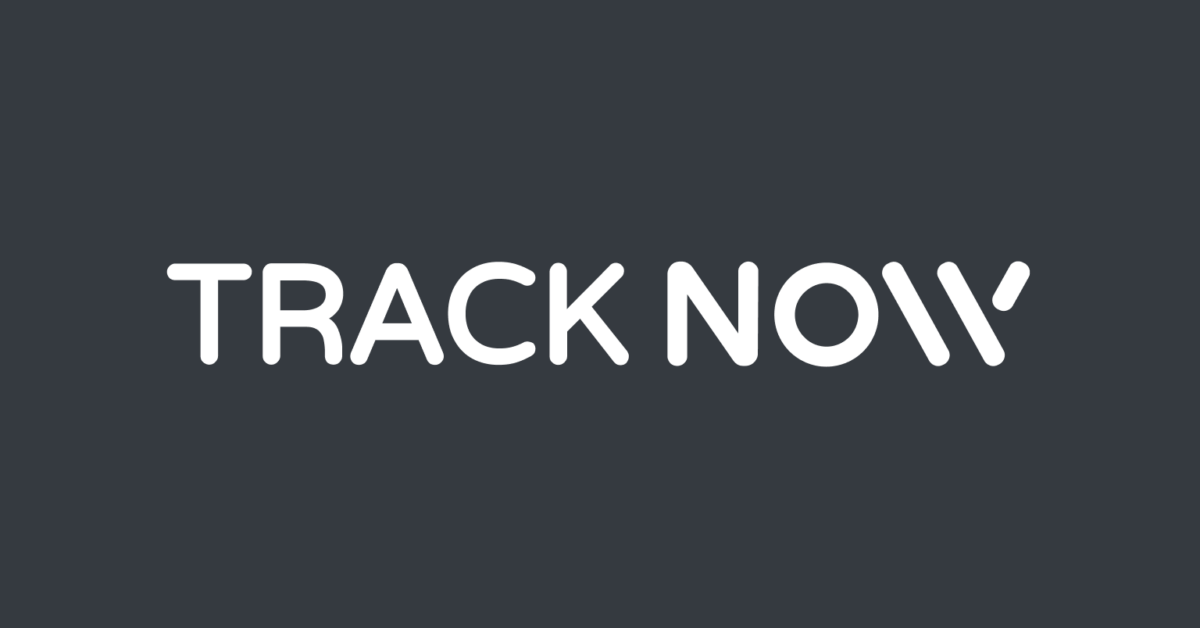A podcast is a digital audio file that you can either stream or download. It's usually pre-recorded and edited before it comes out in a downloadable form. It's like talk radio on demand. Podcasts can feature different themes, topics, and formats, from a solo show to a multi-person discussion or audio drama. They can be hosted on a variety of platforms, and there are several that can be accessed for free.
Is There Such a Thing as a Video Podcast?
While most podcasts are in audio format, some podcasts have a video element. Their production is sometimes referred to as videocasting, vidcasting, or vodcasting. Both audio and video podcasts can be converted into a format that you’d be able to upload on YouTube.
What's Podcast Hosting?
Podcast hosting services can store all your podcast files the way a webhosting service can for your website. Getting a media host prevents your large media files from eating up website server space and possibly causing your site to crash during simultaneous downloads. Podcast hosts have the capability to optimize audio files to the right format and size for your community on social media, RSS feeds, and other platforms.
Why Use Podcasting?
With its growing popularity, members of your target audience are likely to be podcast listeners. Here's how you can benefit by including podcasts in your marketing mix:
-
It can build trust.
Podcasts can help humanize your relationship with potential customers. Hearing you or someone representing your brand would help provide a more intimate, authentic connection than written content.
-
It can help drive website traffic.
You can use this new content type to encourage listeners to subscribe to the podcast, visit your website, or sign up for your newsletter.
-
It’s affordable and easy to create.
Compared to filming YouTube videos, podcasting entails lower costs, as you would only need A good microphone, editing software, soundproofing or a noise-canceling app, and a hosting service.
What Are the Types of Podcasts?
Podcasters can try different (or a combination of) formats for each episode until they produce one that works for them and gains the most engagement from listeners.
When choosing a podcast format, consider:
- Who your podcast is for
- What you want your audience to take away from your show and how you want to convey that information
- What your personality and personal strengths are
- What would help your podcast stand out from the rest
Here are the basic types of podcast formats:
-
Solo or monologue
In this setup, podcasters provide a commentary, share stories, or news updates on a topic. Solo podcasts rely on compelling storytelling and sound engineering to stay informative and entertaining. When you prepare them well, they’ll help build your personal brand, establishing yourself as a thought leader in your industry.
-
Multi-host
This is also referred to as co-hosted or conversational format. Two or more hosts exchange their perspectives about a subject, so followers feel like they're listening to people having a conversation or debating.
-
Interview
The most popular type of format, interview podcasts normally involve one or two hosts interviewing a guest about a unique experience or their expertise. When a host or hosts interview a group of people, it's called a panel or roundtable podcast format.
-
Theater
This format is like a TV drama but with a single or many voice narrators playing characters across several episodes. Sound effects and other audio elements are added to the production.
-
Non-fictional storytelling
This kind of podcast includes news or documentary-style reporting of historical events, vacations or adventures, development of a business, or uncovered crime and murder cases.
Series versus Episodic Podcasts
Businesses and content creators can choose to create stand-alone episodes (episodic) or to podcast in seasons (series), much like a TV program is produced in a set of episodes. There's no standard number of episodes per season.
Series podcasts would work well for:
-
Educational podcasts
Planning podcasts in seasons is helpful when you want to share informative content. They can include business-related tutorials, relationship tips, not-so-known details about certain periods of history, medical mysteries, and so on.
-
Entertainment
Examples of these include podcasts telling the story behind a successful (or failed) sports team or star, musical band, or fictional drama. Some seasonal podcasts feature celebrities talking about their rise to fame and views on life.


